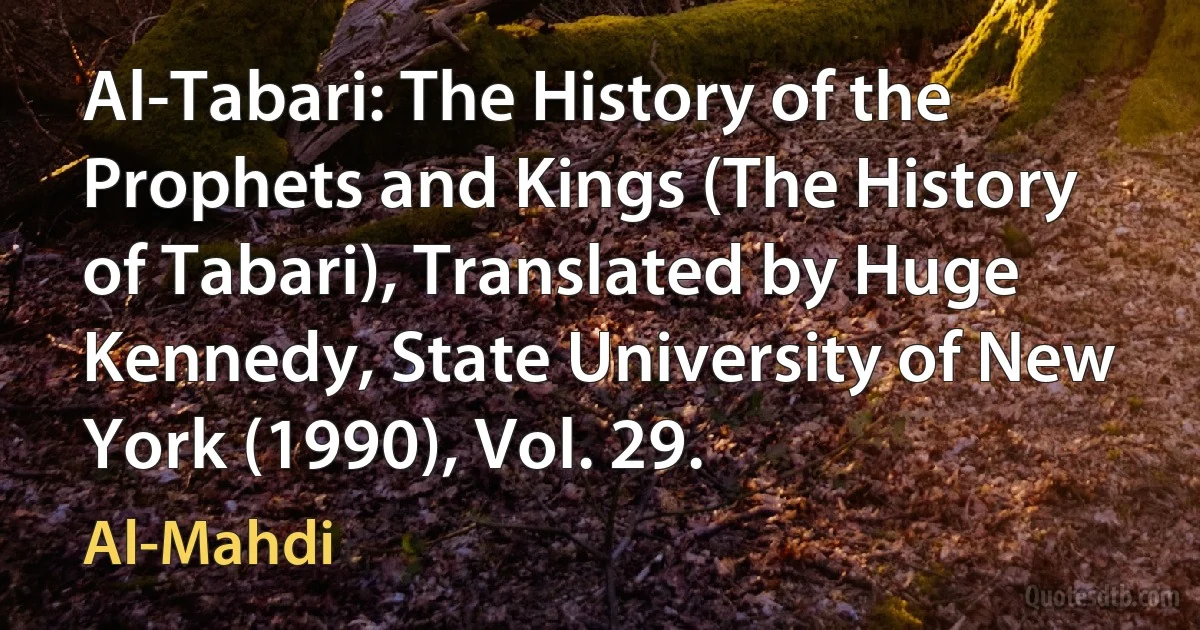Kings Quotes - page 15
Protocols:
Number 3, para. 16
It is the bottomless rascality of the goyim peoples, who crawl on their bellies to force, but are merciless toward weakness, unsparing to faults, and indulgent to crimes, unwilling to bear the contradictions of a free social system but patient unto martyrdom under the violence of a bold despotism. It is those qualities which are aiding us to independence. From the premier-dictators of the present day the goyim peoples suffer patiently and bear such abuse as for the least of them they would have beheaded twenty kings.
Graves: An obvious ineptitude!...Notice "humanity” in the "dialogue” becomes "goyim” in the "protocols,” a Yiddish word taken from the Hebrew that Jews use for gentiles. Could anyone believe that the elders would be so naïve and careless as to employ a common ethnic word in such a formal tract as the Protocols?”.

Will Eisner
Nasiru-d din [Subuktigin] died in the year AH 387 (AD 997) and the command of his troops descended to Mahmud by inheritance, and by confirmation of Nuh, son of Mansur. His victory over 'Abdu-l Malik, when that chieftain was put to flight, added much to his power, and he was confirmed in the government of Khorasan and Sijistan, and he received a robe of honour with the title of Sultan from the Khalif, who also made a treaty with him. In consequence of the complaints of the oppression practised by the descendants of Fakhru-d din Dailami, he marched towards Júrjan and 'Irak, and took the country from them. Afterwards he turned his arms towards Hind, and conquered many of its cities and forts. He demolished the Hindu temples and gave prevalence to the Muhammadan faith. He ruled with great justice, and he stands unparalleled among all the Muhammadan kings.

Mahmud of Ghazni
I would like the angels of Heaven to be among us.
I would like an abundance of peace.
I would like full vessels of charity.
I would like rich treasures of mercy.
I would like cheerfulness to preside over all.
I would like Jesus to be present.
I would like the three Marys of illustrious renown to be with us.
I would like the friends of Heaven to be gathered around us from all parts.
I would like myself to be a rent payer to the Lord; that I should suffer distress, that he would bestow a good blessing upon me.
I would like a great lake of beer for the King of Kings.
I would like to be watching Heaven's family drinking it through all eternity.

Brigit of Kildare
The large-eyed daughter of Kuntibhoja, Pritha by name, was endued with beauty and every accomplishment. Of rigid vows, she was devoted to virtue and possessed of every good quality. Her father Kuntibhoja invited, O best of monarchs, the princes and kings of other countries and desired his daughter to select her husband from among her guests. The intelligent Kunti, entering the amphitheatre, beheld Pandu--the foremost of the Bharatas... The amiable daughter of Kuntibhoja... advancing with modesty,...placed the nuptial garland about Pandu's neck.

Kunti
Our nation is founded on the principle that we do not have kings. We have presidents. And the Constitution is our compass. When you see something that is not right, not just, not fair, you have a moral obligation to say something. To do something. Our children and their children will ask us, ‘What did you do? What did you say?'

John Lewis (civil rights leader)
Judaism was a divinely appointed type of the Millennial Kingdom of Christ which will control and regulate all matters; hence Judaism was properly a union of church and state - of religious and civil government. But, as we have already shown, the Gospel Church was in no sense to be associated in, or to have anything to do with, the government of the world, until her Lord, the King of Kings, comes, assumes control, and exalts her as his bride to share in that reign of righteousness. Neglecting the Lord's words, and following human wisdom, theories and plans, the great system called Christendom, embracing all governments and creeds professing to be Christ's (but a miserable counterfeit of the true Kingdom of Christ), was organized before the time, without the Lord, and of wholly unfit elements. The fall of Babylon as an unfit church-state system, and the gathering out of the worthy wheat, therefore, can be and is well illustrated by the fall of Judaism.

Charles Taze Russell
In Western Europe since Roman times, private property was considered sacrosanct. The principle enunciated by the Roman Stoic philosopher Seneca that kings rule by the will of the people became fundamental to Western civilization, together with private property, which was the main source of productive wealth.

Richard Pipes
In the great fire-sacrifice of the battle – in which the bow was the beautiful ladle, Paraśurāma's anger was the fire, the battlefield was the quadrangular fire-place (Vedikā or altar), the cries of the brave soldiers were the Vedic chants, the arrows of Paraśurāma were the fascinating oblations (Āhutis), and the kings were the wood – Paraśurāma sacrificed Sahasrārjuna like a sacrifice animal. ॥ 6.97 ॥.

Rāmabhadrācārya
It was the sufi saints who initiated the struggle for the establishment of an Islamic state in India. Khwaja Muinuddin Chisti, Khwaja Nizamuddin Aulia and Bakhtiyar Kaki opposed the secularist policies of the kings of the slave dynasty of medieval India. Mujadid al-Thani Ahmed Sirhindi organized a resistance movement against the Mughal Emperor Akbar and his attempts to establish a secular Indian polity. The Mujidid's disciples and devotees included Akbar's great-grandson, the dervish Prince Aurangzeb Alamgeer.

Ahmad Sirhindi
Of the Egyptians also there are accurate chronicles. Ptolemy, not the king, but a priest of Mendes, is the inter preter of their affairs. This writer, narrating the acts of the kings, says that the departure of the Jews from Egypt to the places whither they went occurred in the time of king Amosis, under the leadership of Moses.

Tatian



